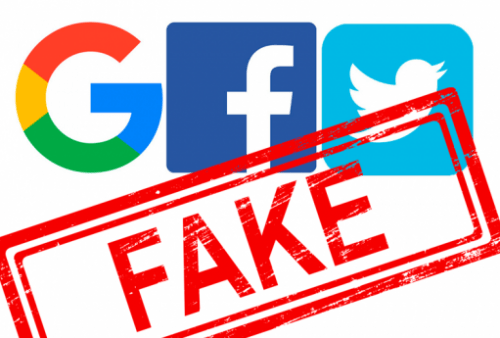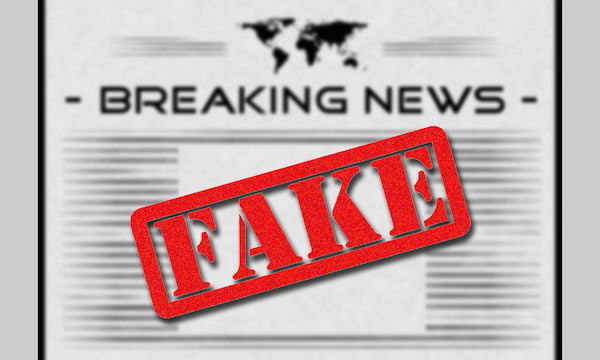Fake news has become a permanent part of our daily lives. How can we recognize them?
Contrary to appearances, fake news is nothing new. As long as the information industry has existed, we have been deceived in some way. It is possible to submit to this. All you need is a little common sense, a moment in time, and good intentions, and you can avoid being fooled and manipulated. So how do you recognize fake news?
Information creator
One issue is the author himself, the other is the page where the information appeared. Some people are simply to be avoided because they can be expected to spread disinformation. It's a matter of habit. However, often we don't know the author, and we have to take a closer look at the author and the page itself. It's worth looking at the website address to see if it sounds right. It's enough to change one letter that our brain doesn't even reflexively pick up on to be able to impersonate someone, creating a look like the original site. Sometimes it doesn't hurt to check the author himself by simply entering his name into a search engine. Does this person even exist? Has he or she published anything online and is he or she who he or she claims to be? Google can often dispel our doubts.
Read the full article
In the era of the fight for clicks, it's hardly surprising that portals attract customers with great charms. The title and the leader are not enough. It's a good idea to read the article from start to finish to find out that this is actually normal and there's really no chance of it happening, but it's much more interesting to scare it away than to reassure it.

Check other sources
It is worth entering the data into a search engine and checking whether someone else has written about it. If the information relates, for example, to the outbreak of war or the death of all European presidents, and by a strange coincidence only one portal wrote about it... Then we should be very suspicious. There are many information portals, not to mention the world. Most of the information is repeated, and this is worth remembering.
Check the date
Reposting old articles does not mean that they will suddenly regain their relevance. From time to time, we see strange posts on Facebook about completely new dangers that lie in wait for us and new scandals that we should be worried about. The problem is that when you look at the date, it turns out that the information is several months or years old. Of course, it is also worth remembering to be vigilant on April 1.

Think about the purpose of disseminating this information
Think about whether all of this sounds too comfortable or unfavorable to someone. Are you sure it's just information? Or will we learn something significant from it? It's worth being skeptical. Sometimes an article tries to sell us something without clearly stating this fact. Sometimes we are dealing with ordinary propaganda that is offensive to the eye, and we should not trust it even for a minute.
Judge.
Sometimes all it takes is a little thought. Don't panic, just think. Does what you read sound realistic to you? Is this combination of events possible? Sometimes we come across complete nonsense and admire it. If we just breathe and think, we might conclude that elephants did not start the rain from the sky because it is so unrealistic.









